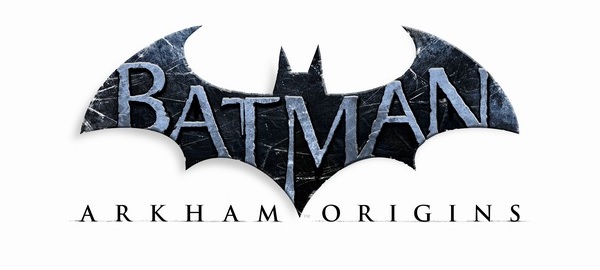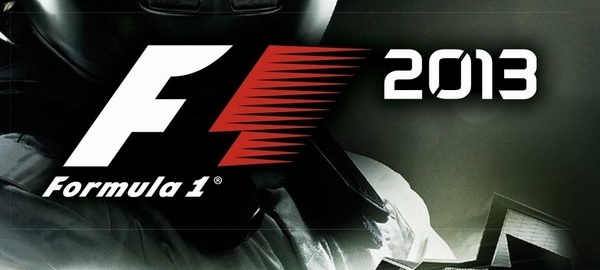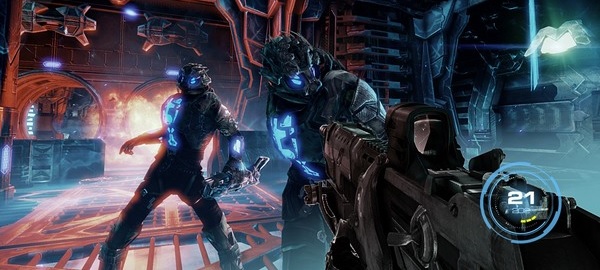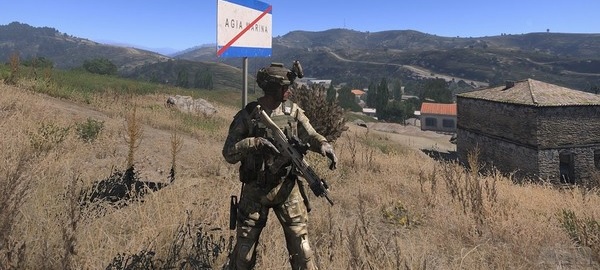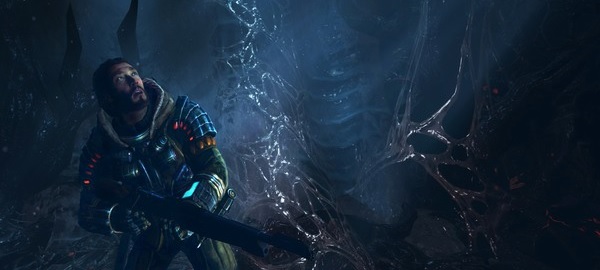Last month, we had the pleasure to interview Ubisoft who confirmed that Assassin’s Creed IV: Black Flag would be better optimized on the PC than its predecessor. As Ubisoft claimed, the scheduler used for the rendering was ‘rewritten from the ground up and in AC4, the engine will use all the cores it needs until it sees that using more cores brings no more gain.’ Well, it appears that information was incorrect as Assassin’s Creed IV: Black Flag is plagued by performance issues and runs identical on tricore and quadcore CPUs. Not only that but the performance difference between a dualcore and a quadcore is around 5fps at best. Continue reading Assassin’s Creed IV: Black Flag – PC Performance Analysis
Category Archives: PC Performance Analyses
Battlefield 4 – PC Performance Analysis
Prior to its release, Battlefield 4 was advertised as a genre-defining all-out war experience brought to life with unmatched visual and audio fidelity, superior character animations and dynamic destruction that would show people what Frostbite 3 is capable of. Well, Battlefield 4 has finally been released and it’s time to see how this puppy performs on the PC platform. Continue reading Battlefield 4 – PC Performance Analysis
Batman: Arkham Origins – PC Performance Analysis
Batman: Arkham Origins is a title we’ve been looking forward to, and that’s primarily because we wanted to see whether Warner Montreal would optimize the game’s PC version or not. Would the game suffer from stuttering issues? Would the game run as awful as its predecessor, Arkham City? And would its PhysX effects bring current gen systems to their knees? Thankfully, we can now answer all those questions. Continue reading Batman: Arkham Origins – PC Performance Analysis
F1 2013 – PC Performance Analysis
Back in 2011, we claimed that F1 2011 was a title suffering from various performance issues. Due to its multi-platform nature, F1 2011 handled some graphical features via the CPU and there was no performance difference between a tri-core and a quad-core CPU. Not only that, but the performance difference between a dual-core and a quad-core was around 6fps, meaning that the game’s engine was unable to properly use more than two CPU cores. Fast forward two years and here we are with F1 2013 – a game that shows performance differences between tri-cores and quad-cores, and a game running way better than its predecessors. Now that’s the spirit Codies. Continue reading F1 2013 – PC Performance Analysis
Alien Rage Unlimited – PC Performance Analysis
If we were to take our PC Performance Analysis of Shadow Warrior and change the game’s title, we could be very well looking at Alien Rage Unlimited’s PC Performance Analysis article. You see, Alien Rage faces similar optimization issues (although there isn’t any ‘Mirrors’ setting that cripples the CPU) with Flying Wild Hog’s title; there are scenes that are as unoptimized as they can get and both of these games scale on quad-cores but do not take advantage of them. To put it simple – Alien Rage Unlimited has issues that have not been fixed/addressed yet, despite the game already receiving three patches. Continue reading Alien Rage Unlimited – PC Performance Analysis
Shadow Warrior – PC Performance Analysis
You know what? I seriously don’t understand game developers. No seriously, I don’t. What’s the point of creating a PC game when it cannot take advantage of more than three CPU cores? Hell, I would understand that if a game did not stress the CPU. What happens though when a graphics option hits the CPU hard, causing low performance that could have been easily avoided with proper multi-core support (or you know, by letting the GPU actually handle that setting)? But let’s take things from the beginning. Hello and welcome to yet another Performance Analysis. Today we have the pleasure to take a closer look at Shadow Warrior’s remake; a game created by Flying Wild Hog, the company that brought us Hard Reset. Continue reading Shadow Warrior – PC Performance Analysis
ArmA 3 – PC Performance Analysis
Ah, the ‘beauty’ of Bohemia’s titles. Back in March, we informed you about the performance of ArmA 3’s alpha version. As we said back then, Bohemia’s military FPS sim was plagued with lots of CPU performance issues. We were really looking forward to the final build of the game to see whether the Czech studio would be able to optimize it or not. Well, even though the final build of ArmA 3 scales better on multi-cores, it still runs as bad as most of Bohemia’s titles. Moreover, and despite the fact that ArmA 3 relies heavily on the CPU, it does not take full advantage of quad-cores as there are no performance differences between tri-cores and quad-cores. Continue reading ArmA 3 – PC Performance Analysis
Lost Planet 3 – PC Performance Analysis
When Lost Planet 3 was showcased for the first time, everyone thought that it was a Dead Space wannabe. And you know what? You can’t really blame them as Lost Planet 3 shares an identical environment with Visceral Games’ third-person game. Not only that, but there are even more similarities between these two games; from the opening scene to the inventory HUD and the claustrophobic feeling (Lost Planet was an action game and not a horror-wannabe title). Lost Planet 3 was definitely inspired by Dead Space, though it also comes with some additional features such as mechs, a grappling hook, more action sequences than its ‘rival’, a main character that looks like Nicolas Cage, a generic camp, and a really horrible lip-syncing system.
Castlevania: Lords of Shadow – PC Performance Analysis
When Konami announced that Castlevania: Lords of Shadow would be coming to the PC, we were a bit worried. Although we were pretty sure that an average PC could handle this title, we were not certain whether Konami would drop the ball with this port. Yes, we feared that Castlevania: Lords of Shadow PC would be identical to Dark Souls PC (different development studios and publishers, but still). Thankfully, we are happy to report that not only does the PC version look great, it is also running remarkably amazing, is GPU bound, runs flawlessly on dual-core systems, and has proper keyboard on-screen indications (provided you’re using that control scheme). In short, Castlevania: Lords of Shadow looks and runs amazing on the PC, making it the definitive version of Konami’s title. Continue reading Castlevania: Lords of Shadow – PC Performance Analysis
Saints Row IV – PC Performance Analysis
When Saints Row: The Third was released, we were initially disappointed with its PC version. Despite Volition’s attempts, the game was not taking advantage of more than three CPU cores and there were various issues with SLI systems. As we said back in November 2011, Saints Row: The Third suffered from micro-stuttering problems, abnormal SLI scaling, and various performance issues. Well, we’re happy to report that Saints Row IV does not suffer from any of those issues, despite the fact that the game is using the same engine and that it is not optimized for quad-cores. Yes, Saints Row IV was created with tri-cores in mind. Still, the game runs smooth – well, most of the times – and unlike Saints Row: The Third, it’s enjoyable from the get-go. Continue reading Saints Row IV – PC Performance Analysis



